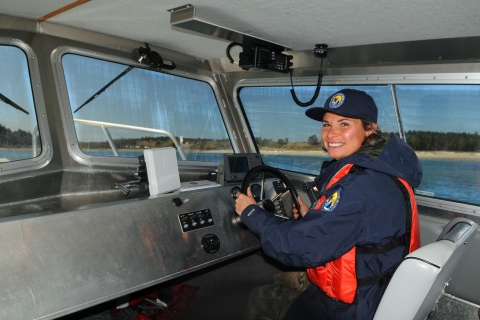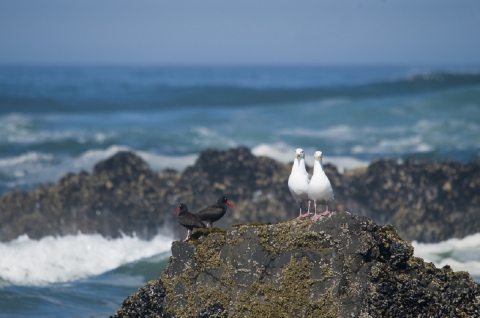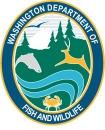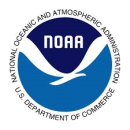Ways to Get Involved
Never doubt that a small group of thoughtful, committed citizens can change the world; indeed, it's the only thing that ever has. - Margaret Mead
From its start in 1903, the National Wildlife Refuge System has owed its very existence to concerned citizens eager to protect America's natural resources.
More than 200 nonprofit Refuge Friends organizations support national wildlife refuges, whether they work with a single refuge, a refuge complex or an entire state. Friends members are crucial to conserving and protecting our nation’s wildlife and teaching millions of Americans that their actions today determine the conservation legacy of tomorrow.
More than 42,000 people volunteer their time and ideas each year to the U.S. Fish and Wildlife Service. Whether they work on the land, in a visitor center or with youth, they contribute to the conservation mission that reaches back more than a century. Become a volunteer or Refuge Friend to contribute your strength on behalf of America’s natural resources.
Due to the remote nature of Flattery Rocks on-refuge volunteer opportunities are not available. However, several organizations offer volunteer programs that directly benefit the mission of the National Wildlife Refuge System. The COASST program (Coastal Observation and Seabird Study Team) is administered by the University of Washington. By monitoring seabird mortality rates COASST volunteers help natural resource managers to assess the health of our nearshore marine ecosystems. Washington CoastSavers as well as the local chapter of the Surfrider Foundation coordinate regular beach cleanups along the outer coast of the Olympic Peninsula. As marine debris from all over the world continues to collect on beaches this is a vital service to the Refuge.
Our Partners
The National Wildlife Refuge System is committed to building partnerships which encourage conservation and preservation of our natural and cultural resources. Partnerships with the Refuge System bring innovative approaches to solving land management and water disputes in the most environmentally protective manner. Scientifically-informed and technologically-based stewardship of our public lands, waters, wildlife and special places must be collaborative efforts between the Refuge System, other government agencies, and private organizations if conservation efforts are to succeed.
Much of the Olympic Peninsula’s outer coastal lands and waters are administered cooperatively through three federal agencies: the U.S. Fish and Wildlife Service, the National Park Service, and the National Oceanic and Atmospheric Administration. The activities of the NPS and NOAA are frequently a compliment to the goals of the USFWS. Olympic National Park (NPS) assists the Refuge in a number of ways including help with developing educational materials, providing law enforcement, monitoring trespass, and conducting cooperative research. The Olympic Coast National Marine Sanctuary (NOAA) works to maintain the ecological and cultural integrity of the sanctuary waters that surround the Refuge by restricting oil and gas exploration, low-flying aircraft, resource disturbance, seabed alteration, and disturbance to marine animals. In addition to federal agencies the Washington Department of Fish and Wildlife manages wildlife resources in waters surrounding the Refuge.








